During his partner’s months on hospice, Bob often thought, “I hope I can pay this forward someday.” As a HopeHealth volunteer, he’s done just that.
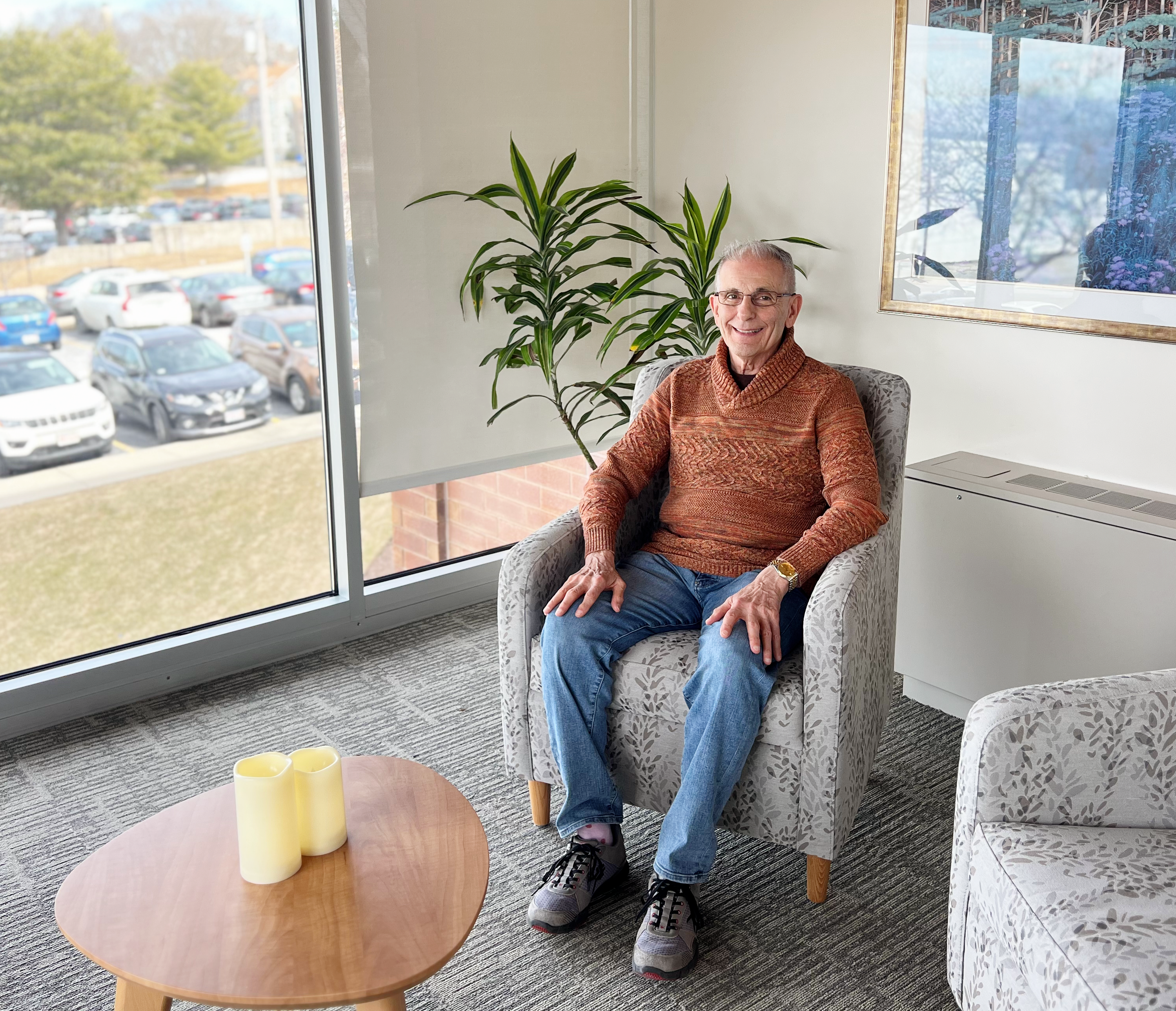
During his partner’s months on hospice, Bob often thought, “I hope I can pay this forward someday.” As a HopeHealth volunteer, he’s done just that.
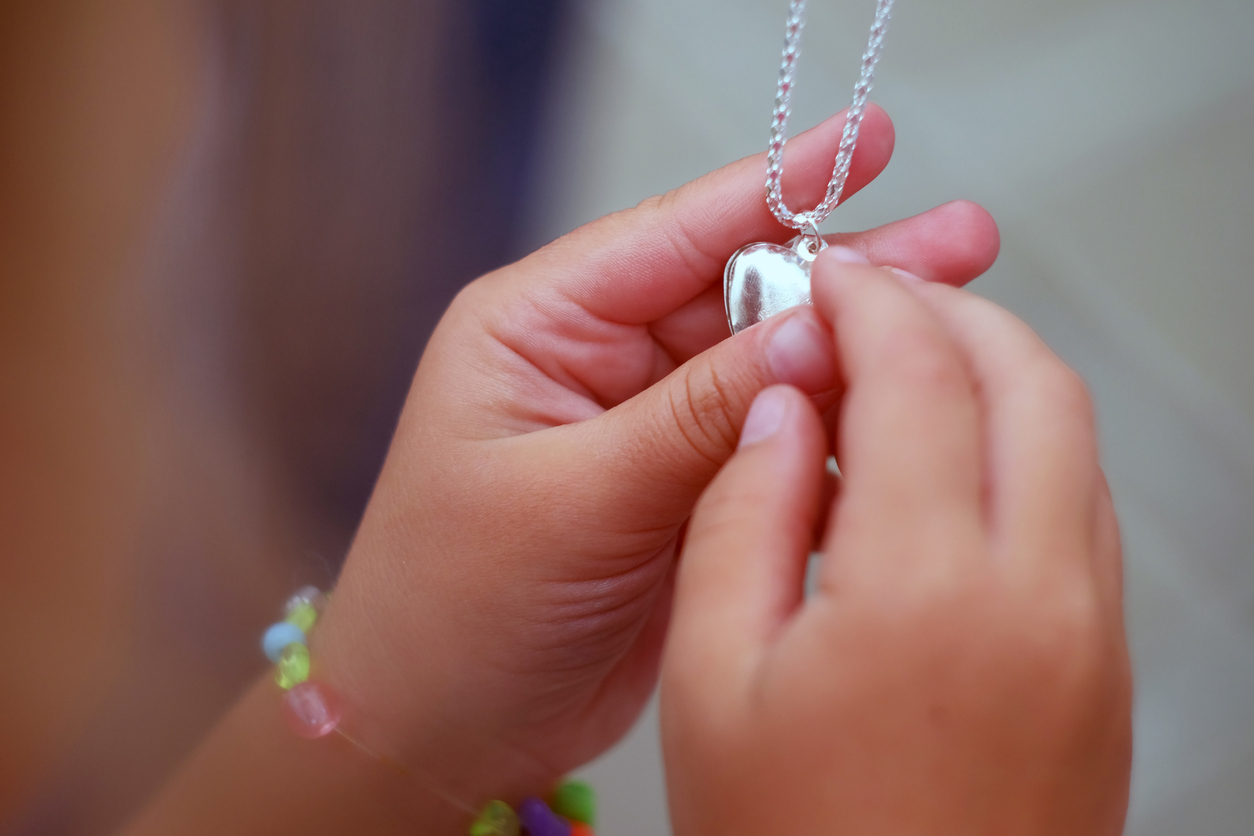
Legacy-making activities honor your unbreakable bond with your child, and celebrate everything you love about them. If your child is seriously ill, these keepsakes take on special meaning.
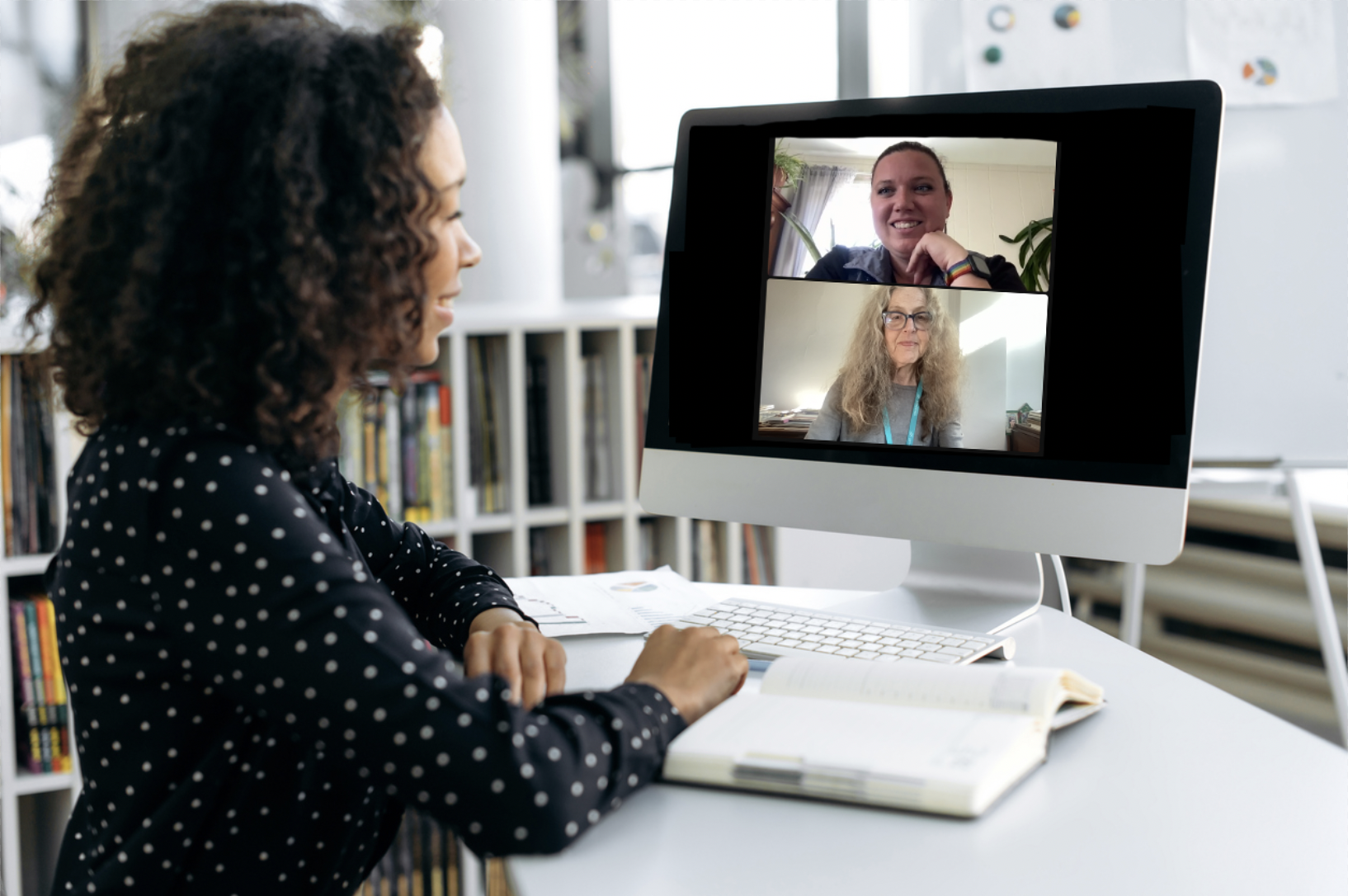
If you’re caring for someone with Parkinson’s disease, a support group offers information for navigating the disease, and a safe space to share your experiences.
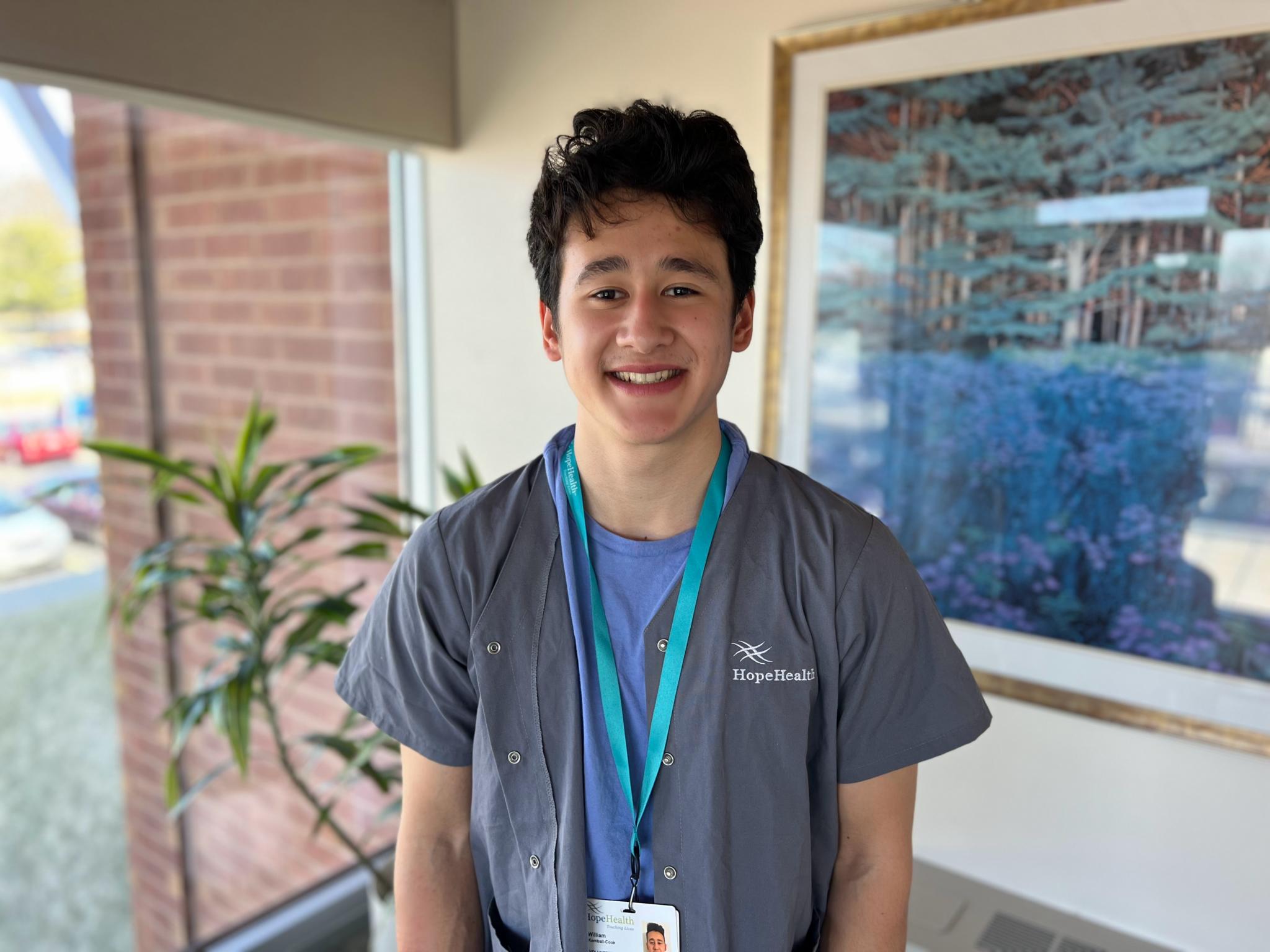
“No matter how dire things seem, you can always make a difference in someone’s life.” Here’s what one college student learned from hospice volunteering.
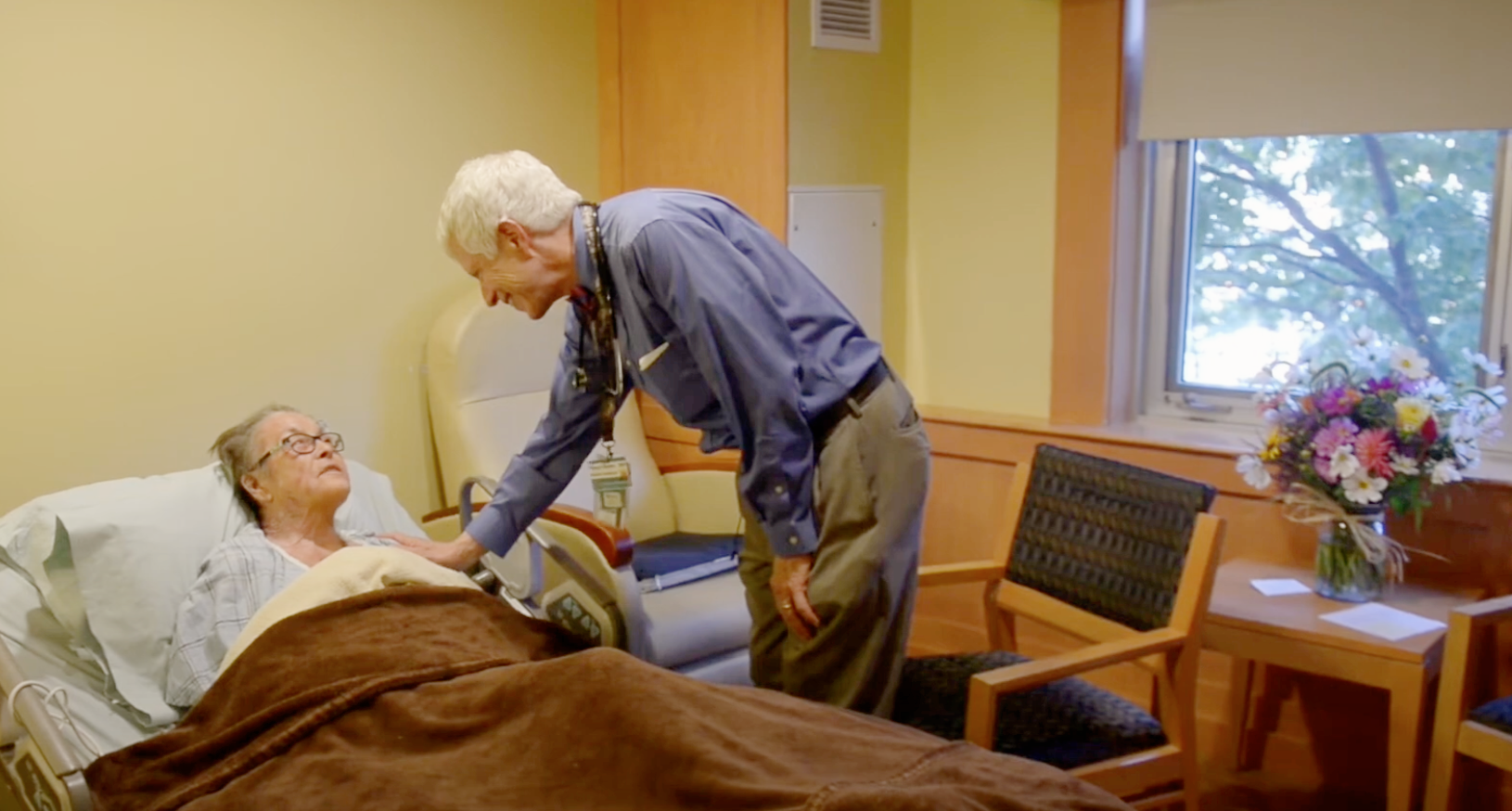
In his 35 years at HopeHealth, Chief Medical Officer Edward W. Martin, MD, has changed this organization. And in return, it’s changed him. In this Q&A, he shares how.

For people living with a lung disease like COPD, palliative care means extra support for symptoms, and crucial information for the road ahead.

Choosing a hospice provider can feel like an overwhelming decision. Here’s a list of what to ask about, based on recommendations from Consumer Reports and caregiver experience surveys.
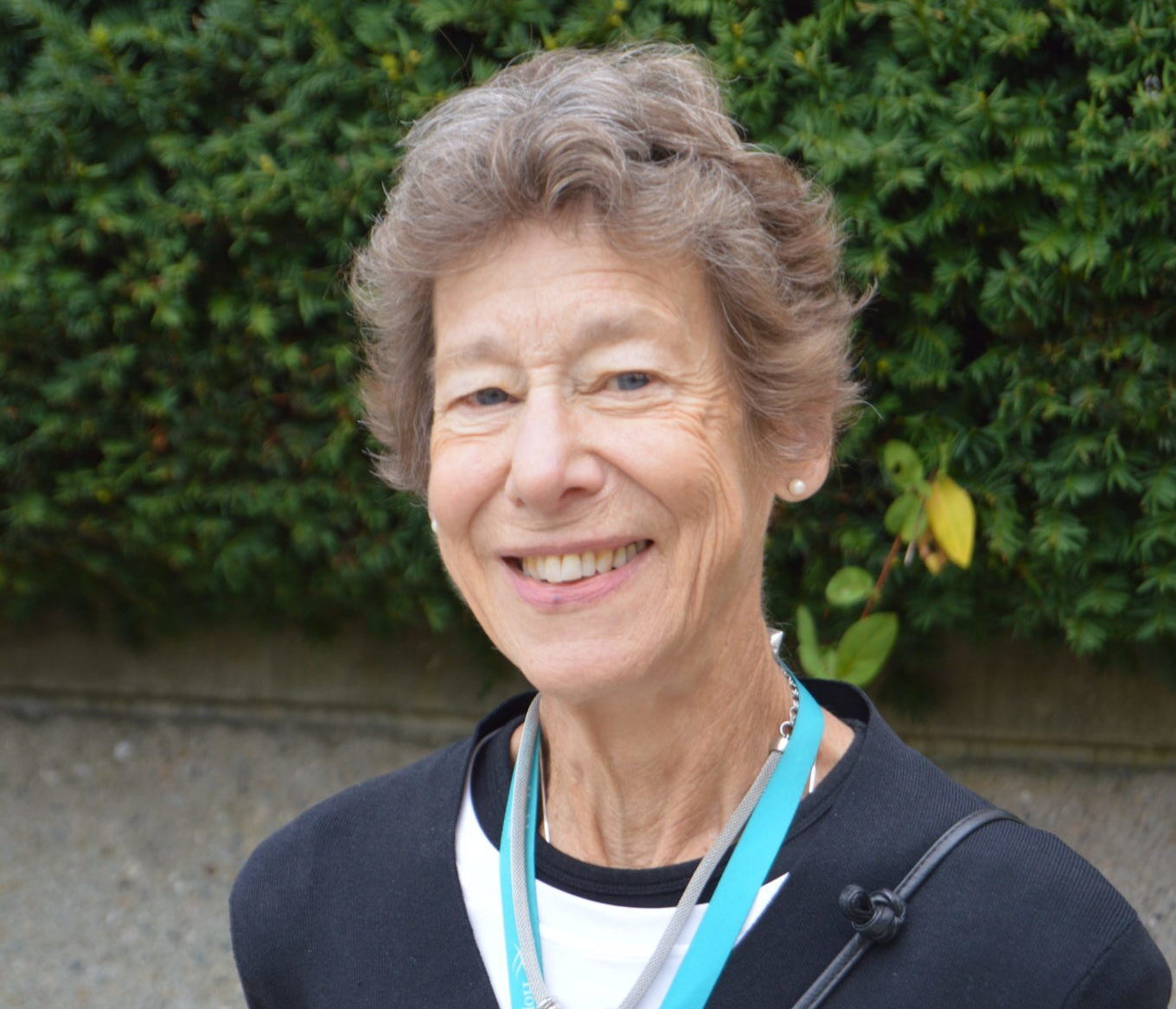
When you’re caring for a loved one with dementia, how can you also find energy to take care of yourself? A dementia caregiver shares tips and examples.
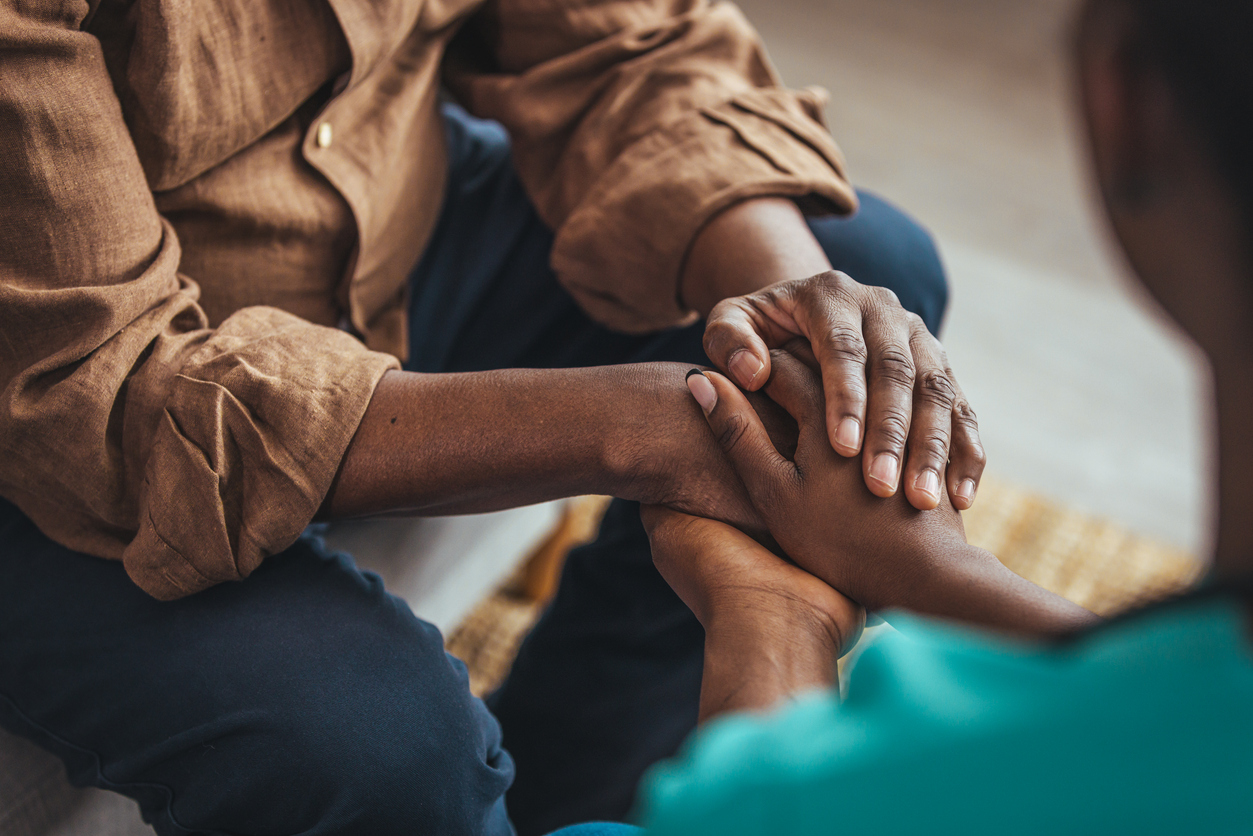
Social workers provide everything from emotional support to help with community and financial resources. Here’s how they fit into a hospice team.
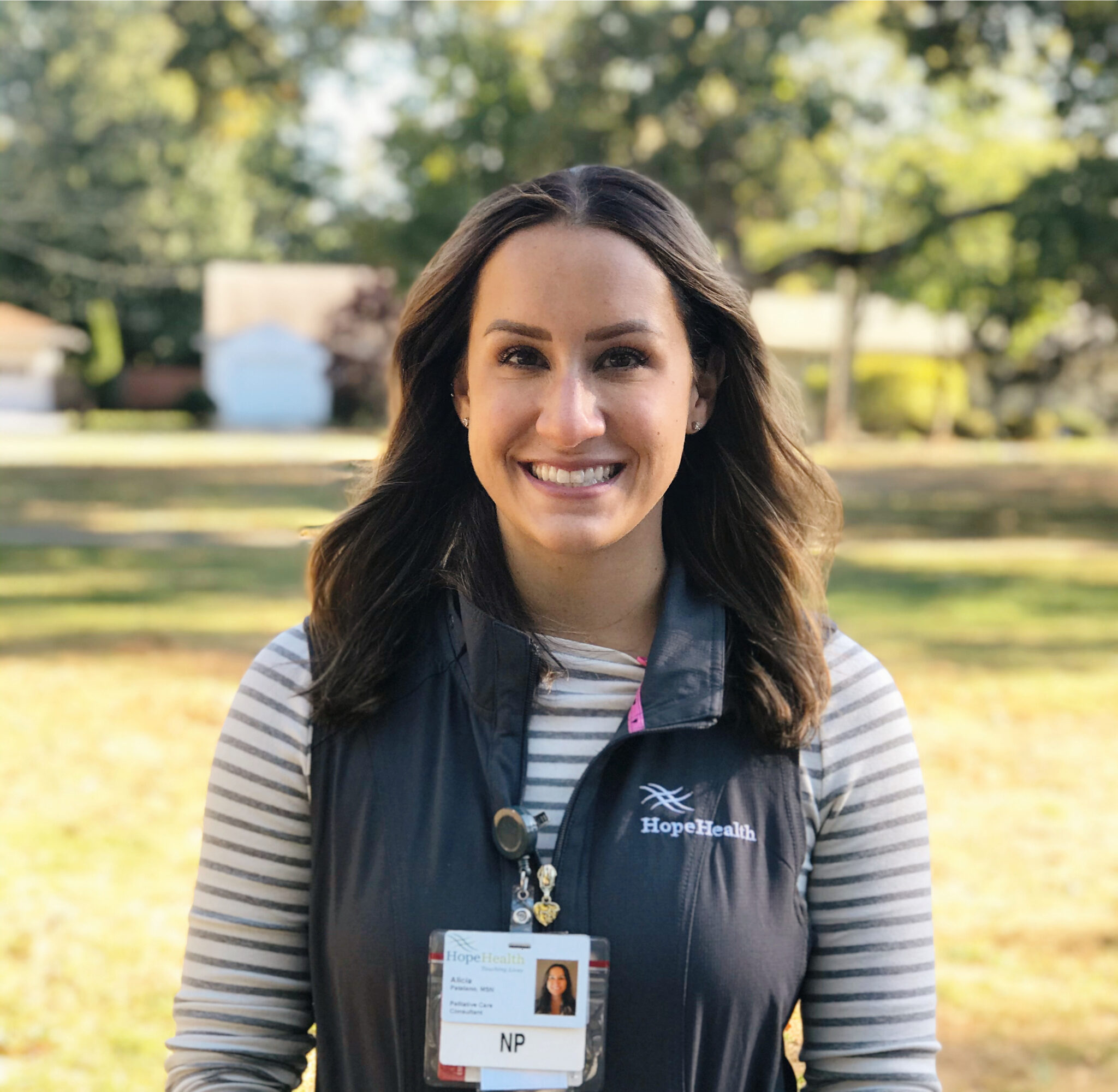
If you or a loved one is living with heart failure, you don’t have to go it alone. Palliative care helps with everything from everyday questions to long-term plans.